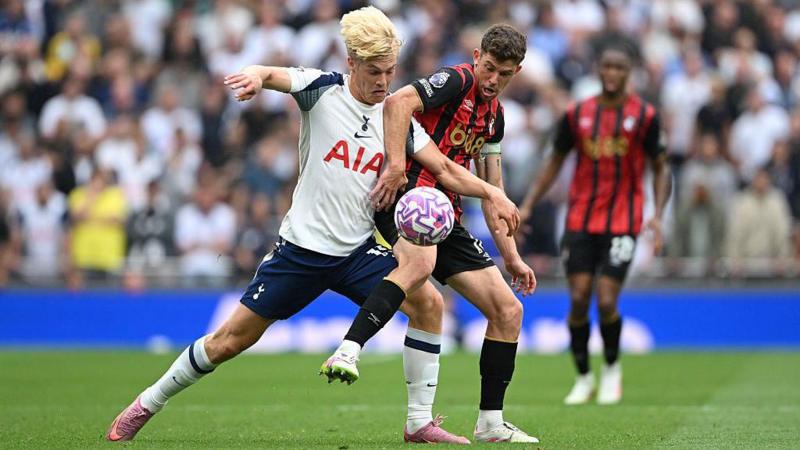Spurs Rebuff Buyout Bid, Owner Declares Team Not for Sale



The world of sports is never short of behind-the-scenes drama, particularly when it comes to the ownership of high-profile clubs. Recently, the board of a well-known sports club announced that the owner has rejected not one, but two expressions of interest from potential buyers. This decision has sparked various reactions among the club's fanbase and raised questions about the future direction and stability of the club.
Ownership changes in sports can often lead to significant transformations within a club. It can affect everything from management strategies and player recruitment to the club’s culture and fan experiences. Therefore, the owner's decision to hold on to the club suggests a commitment to a particular vision, or perhaps a belief that the club holds more potential value or personal sentiment than the offers reflected.
The identities of the interested parties have not been disclosed, nor the specifics of their offers. However, it’s common in such high-stake negotiations for potential buyers to include corporate entities looking to expand their portfolio, wealthy individuals passionate about sports, or consortiums of investors aiming to pool resources for a lucrative investment. The motivations can be as varied as the potential strategic benefits, such as broader corporate synergies, direct financial gains, or the sheer prestige of owning a sports club.
The owner's rebuff of these offers might be seen in several lights. On the positive side, it could signal to fans and players alike that the owner has a long-term commitment and is perhaps not willing to let go of the club to just anyone. The owner might be holding out for a better valuation or might be waiting to sell at a more opportune time, potentially after achieving certain sports milestones that could increase the club's value.
On the flip side, this decision could invoke concerns about the owner's strategic planning and financial health, especially if the club is undergoing a turbulent phase. Club supporters might worry about missed opportunities for fresh investment and ideas, particularly if the current trajectory of the club isn’t meeting their expectations.
The club's performance, both on and off the field, will undoubtedly continue to be under scrutiny following this revelation. If the club is performing well, the owner's decision might be vindicated as demonstrating wise foresight. However, if the club is struggling, the pressure might mount on the owner both from fans and other stakeholders to consider relinquishing control in favor of new leadership.
In the complex ecosystem of sports, where passion meets business, every decision can tip the scales in unpredictable ways. For this club, the owner’s rejection of these purchase interests is a significant moment that will shape the path forward. Stakeholders within and outside the club—be they players, staff, fans, or potential investors—will be watching closely to see how this decision plays out in the long run.
Fans, in particular, play a unique role in sports clubs. They are not just passive spectators but are emotionally and culturally invested in the club’s legacy and future. Their reaction to such decisions can sway perceptions and influence narratives in the media and public discourse. Therefore, maintaining transparent communication and engaging with the fan base about the reasons behind such ownership decisions is crucial.
The unfolding of this ownership saga will provide a compelling storyline to follow in the months ahead. As the world of sports continues to evolve with rapid advancements in sports science, management strategies, and financial models, the significance of stable and visionary ownership has never been more pronounced. How this club navigates the complexities of ownership, market demands, and fan expectations will be a case study in balancing business acumen with sporting passion.